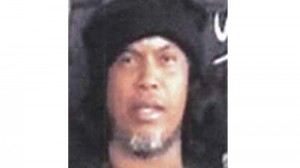MANILA, Philippines–Julkipli Wadi, dean of the University of the Philippines Institute of Islamic Studies, urged lawmakers to use history as a “comprehensive frame” to understand the proposed Bangsamoro Basic Law (BBL).
Wadi observed that from the American colonial era to the present, 24 military, political and administrative tiers, units or entitites were formed and abolished in Moro areas.
“It was not surprising when Malacañang declared three or four years ago that the ARMM (Autonomous Region in Muslim Mindanao) was a failed political settlement,” he said on Monday during the Senate hearing on the draft BBL.
The proposed substate “presents a relatively new mode of tier-making” with its “attendant politics,” vis-à-vis the national government, and tendency “to become a gateway for secession,” Wadi acknowledged.
The concept of substate offers an option whereby the national government may share concurrent and exclusive powers with Bangsamoro, and also adjust its relation from “strong executive type” to “strong-legislature kind,” he said.
The idea was to allow the Bangsamoro to have a “sub-government” that is able to have enough power that “reflects partly a federal form of government” but still enjoys an autonomous character under a unitary setup, he said.
“The need to have such an adjustment from strong executive to strong legislature is in consonance with the essentially and historically asymmetric power relation of the Moros that even the Americans recognized when they organized the Moro province in 1903,” he said.


